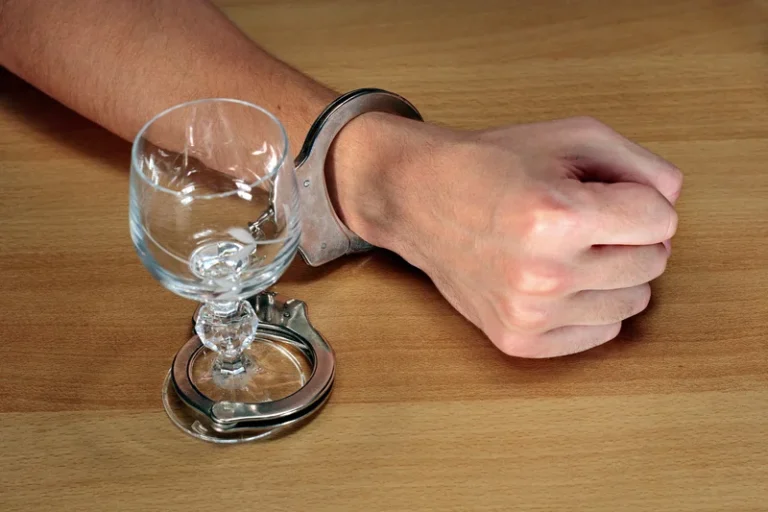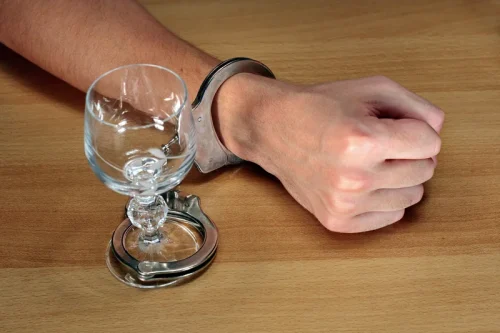
Snail mail, phone calls, and even in-person visits (even from family) can be restricted for the first few days, up to an entire week. Similar to the purpose of the “no phone or laptops” rule, facilities want clients to focus on treatment. Afterward, residents will still face restrictions on visitors and external communications but be allowed some communication on a regular basis.
What are the rules and regulations in residential rehab?
State rules also influence insurance coverage, which can affect both affordability and access to care. Navigating rehab involves understanding the rules and principles that support a successful recovery. These guidelines aren’t about restricting your how to get a family member into rehab freedom—they’re in place to ensure a safe, supportive space where you can focus on healing and building a solid foundation for sobriety. Offering encouragement and support, staying away from tough topics, and actively listening to your loved one can help to create a successful visit. It’s important to respect your loved one’s boundaries if there are topics they’d like to avoid.

Common Rules for Staying in Rehab
- When a person enters a residential rehab program, they move into the treatment facility, leaving their home life behind.
- For more information on typical rules while staying at a drug rehab center, or to explore our comprehensive programs, reach out to an Vertava Health treatment specialist today.
- In 2018, Medicare removed total knee replacements from the inpatient-only list, and in 2020, it removed total hip replacements.
- This period starts 3 months before you turn 65 years old and ends 3 months after your birth month.
- Upon arrival to your inpatient program, your belongs will likely undergo a search to ensure that you haven’t brought anything that could be dangerous to others.
Drug and alcohol rehab is hard work, and support can be an important part of helping a loved one in their recovery.1 Sometimes, visiting a loved one in rehab can help them continue to work toward their sobriety. However, keep in mind that not all rehab facilities are the same, and some have less strict inpatient rehab rules than others. If you’ve repeatedly relapsed and struggle to find the motivation to get (and stay) clean, a facility with these rules would provide a healthy amount of restrictions that can help you get on the right path.
Vertava Health Locations
- Instead of sending a gift; however, you may inquire about how to send them mail.
- No matter how many people tell you about their experiences, it can be hard to wrap your head around what you can expect during your care.
- Studies have found that the more structured an inpatient rehab facility is, the better the result tends to be for their patients.
- Trinity Behavioral Health’s approach to inpatient treatment focuses on providing comprehensive alcohol rehab within the rigid framework of federal and local laws and regulations.
- If you have a Medicare Advantage (Part C) plan, your costs will vary depending on your insurer.
- In this post, we’ll walk you through the essential rehab rules and regulations, from licensing and patient rights to treatment standards, so you can approach your recovery journey with clarity and confidence.
- Depending on your situation, you may also qualify for a special enrollment period.
Join us as we uncover the essential guidelines that frame a successful rehabilitation experience. Inpatient rehab centers offer drug- and alcohol-free environments to help people learn to live without substance use. Many rehab programs begin with detox to get drugs and alcohol out of someone’s system, so their mind is clear to focus on addiction recovery. If a person has a prescription for a psychiatric or medical illness, this medication will be locked up and administered by staff members. Drugs that ease withdrawal symptoms, such as anti-nausea and anti-diarrhea drugs, as well as over-the-counter pain relievers, may also be available but closely monitored.
If a break lasts 60 consecutive days, your benefit period ends and renews with up to 100 days of coverage for SNF care. Other things covered as part of inpatient rehabilitation include meals, prescription drugs you need during your stay, and other supplies. Rehab rules vary across the U.S., so it’s important to check your state’s specific guidelines.
What to Bring (and Not Bring) to Rehab
- People in drug rehab are encouraged to build positive relationships with others.
- Aside from visitation, there are ways in which family members can take a more active role in their loved ones’ recovery.
- Depending on where you receive your inpatient rehab therapy, you may need to have a qualifying 3-day hospital stay before your rehab admission.
- As such, many facilities make attendance mandatory although exceptions can be made on an individual basis.
- You may not qualify for care if, as an example, you are recovering from hip or knee replacement and have no other complicating condition.
- The best drug rehab programs are tailored to the individual and take personal needs into account when enforcing rules.
We understand the challenges of navigating insurance coverage for rehab services and so offer assistance in this domain, ensuring that our clients can make the most of their policies. As addiction often dovetails with mental health conditions, our inpatient program also includes dual diagnosis treatment, where the focus is on healing both the addiction and the underlying mental health issues. Moreover, our treatment program is designed to provide a secure environment that helps protect the privacy and dignity of our clients, in line with national standards and center policies.


Navigating the maze of laws and regulations surrounding residential treatment programs for alcohol rehab and drug treatment can be a complex process. For those seeking recovery from addiction, understanding these rules is crucial to finding the right residential treatment. Every inpatient rehab and addiction treatment center operates within a framework designed to promote health and safety for clients. These regulations govern everything from the initial assessment to the support program structures and treatment services provided.

Make sure you’re enrolled in Medicare
For individuals with less severe addictions or who have relapsed but maintain a strong motivation for recovery, a more flexible residential program might prove just as effective. Residential substance use disorder treatment is one of the most often utilized resources when starting your recovery journey. No matter how many people tell you about their experiences, it can be what is Oxford House hard to wrap your head around what you can expect during your care. Please contact the facility you are interested in for the most up-to-date rules as visitation rules. In most cases, visitors are not permitted during detox due to the nature of the withdrawal process. Many facilities also utilize a blackout period during the first few to several days of someone’s treatment program.
